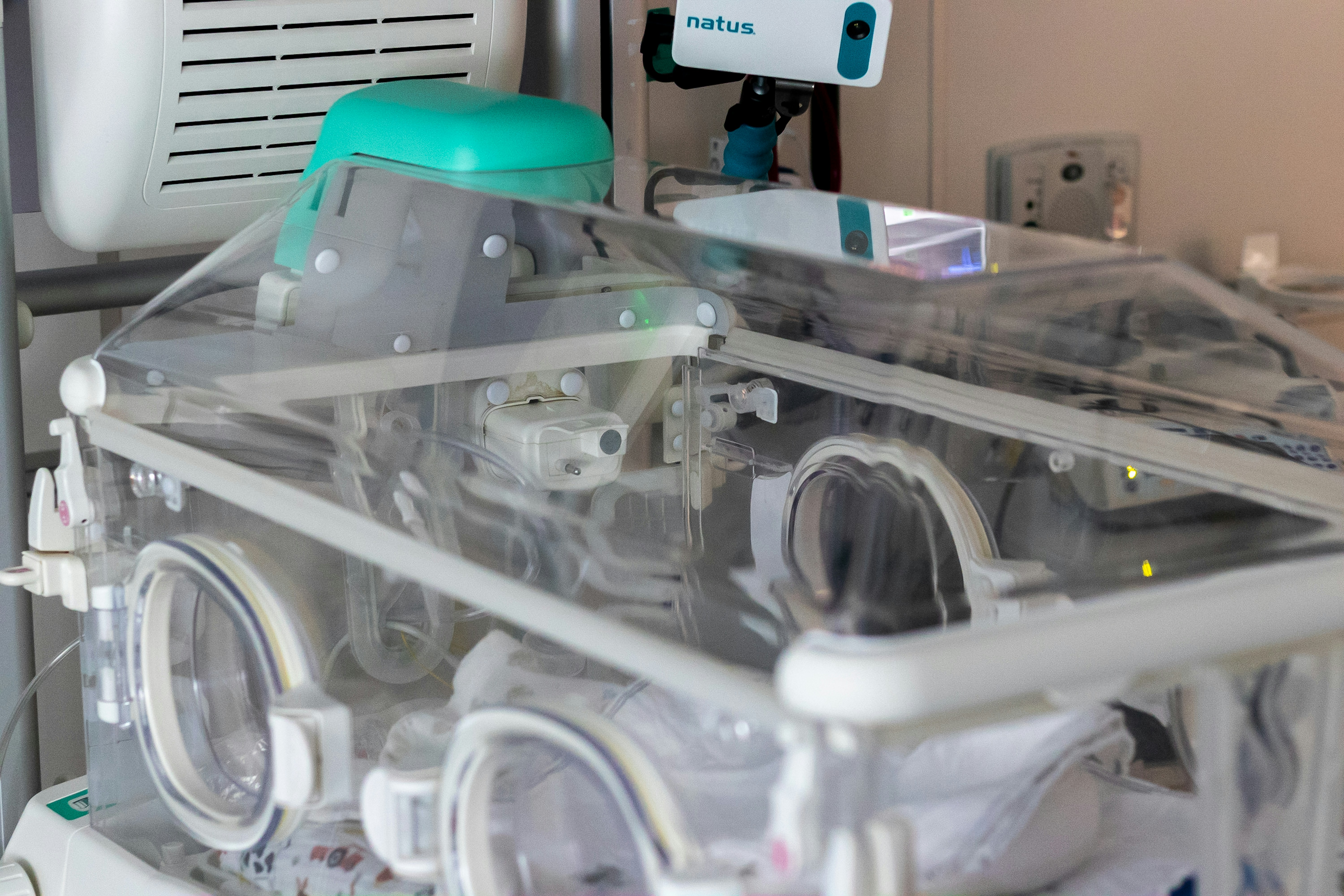Attachments
Note: Not all attachments are visible to the general public. Research URLs will go live after the embargo ends.

Research
JAMA, Web page
Please link to the article in online versions of your report (the URL will go live after the embargo ends).
Journal/
conference: JAMA Pediatrics
conference: JAMA Pediatrics
Research:Paper
Organisation/s:
The University of New South Wales, University of Toronto, Canada
Funder:
The International Network for
Evaluation of Outcomes (iNeo) has been supported
by the Canadian Institutes of Health Research
(APR-126340 and PBN 150642 to Dr Shah). The
Australian and New Zealand Neonatal Network is
predominantly funded by membership
contributions from the participating centers.
The Canadian Neonatal Network is supported by a
team grant from the Canadian Institutes of Health
Research (CTP 87518) and by the participating
centers. The Finnish Medical Birth Register is
governmentally funded and kept by the National
Institute for Health andWelfare. The Israel Neonatal
Network very low–birth weight infant database is
partially funded by the Israel Center for Disease
Control and the Ministry of Health. The Neonatal
Research Network of Japan is partly funded by a
Health Labour Sciences Research Grant from the
Outcomes of Preterm Infants Born at 22 to 23Weeks’ Gestation Original Investigation Research
jamapediatrics.com (Reprinted) JAMA Pediatrics Published online August 25, 2025 E9
Confidential: Embargoed Until 11:00 am ET, August 25, 2025. Do Not Distribute
© 2025 American Medical Association. All rights reserved, including those for text and data mining, AI training, and similar technologies.
Ministry of Health, Labour andWelfare of Japan.
The Spanish Neonatal Network is supported by
funds from the Spanish Neonatal Society. The
Swedish Neonatal Quality Register is funded by the
Swedish government (Ministry of Health and Social
Affairs), the Swedish Association of Local
Communities and Regions, and the participating
neonatal intensive care units (NICUs). The Swiss
Neonatal Network is partially funded by the
participating NICUs in the form of membership
fees. This research was also supported by the
Instituto de Investigación Sanitaria Carlos III
(Ministry of Science, Innovation and Universities,
Kingdom of Spain) (FIS17/0131 to Dr Vento Torres);
Redes Temáticas de Investigación Cooperativa en
Salud was funded by grant PN 2018-2021 from the
Health Research Institute Carlos III, National
Institute of Health Carlos III Sub-Directorate
General for Research Assessment and Promotion,
the European Regional Development Fund (RD16/
0022), and grants from a regional agreement on
clinical research) between Region Stockholm and
Karolinska Institutet (2020-0443 to Dr Norman).



 Australia; New Zealand; International
Australia; New Zealand; International


